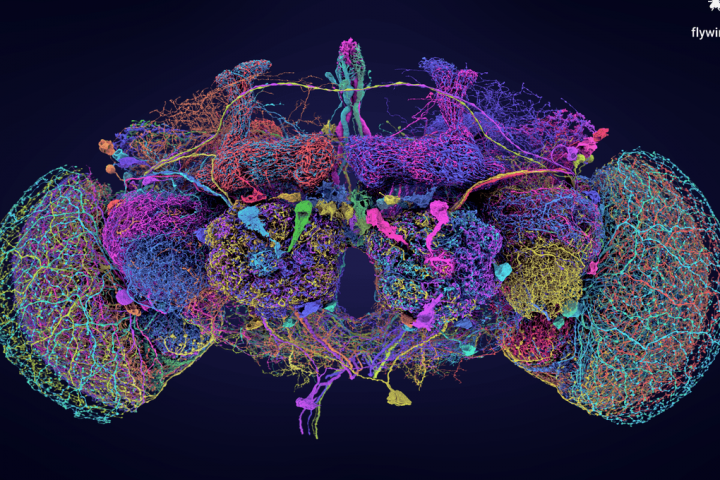Once considered a kind of “graveyard” for dying cells and deemed “an evolutionary accident of no very great significance” by Nobel Laureate Sir Peter Medawar, the thymus actually plays a vital role in developing the immune system, producing immune T cells before birth and during childhood.
But don’t be fooled by its past reputation. The thymus, often overlooked and even removed during cardiac surgery, might not be as useless as we once thought. This forgotten organ, nestled between the lungs and behind the sternum, may hold unexpected importance.
A recent study has shed light on the significance of the thymus. It revealed that adults who had undergone thymectomy, the removal of the thymus, had nearly triple the risk of dying over five years and an increased risk of developing cancer compared to those who hadn’t undergone the surgery.
“By studying people who had their thymus removed, we discovered that the thymus is absolutely required for health. If it isn’t there, people’s risk of dying and risk of cancer is at least double,” explained senior author Dr. David T. Scadden.
While this study cannot prove a direct cause-and-effect relationship between the thymus and adverse patient outcomes, it does raise important considerations.
“Our findings suggest that the consequences of thymus removal should be carefully considered when contemplating thymectomy,” added Scadden.
To arrive at these conclusions, the researchers evaluated the risk of death, cancer, and autoimmune disease among thymectomy patients and a control group of adults who underwent cardiothoracic surgery without thymectomy.
Within five years of surgery, 8.1 percent of thymectomy patients had passed away, compared to only 2.8 percent of those who didn’t have the surgery.
Furthermore, 7.4 percent of thymectomy patients developed cancer, while only 3.7 percent of the control group did. The cancers in thymectomy patients were more frequent, varied, and aggressive, with higher rates of recurrence and mortality.
In addition, the study found that thymectomy patients had lower production of new T cells and higher levels of pro-inflammatory molecules in their blood.
These findings strongly support the notion that the thymus continues to play a crucial role in adulthood and the maintenance of overall health.
The study, published in The New England Journal of Medicine, highlights the importance of considering the impact of thymus removal on patient outcomes.








